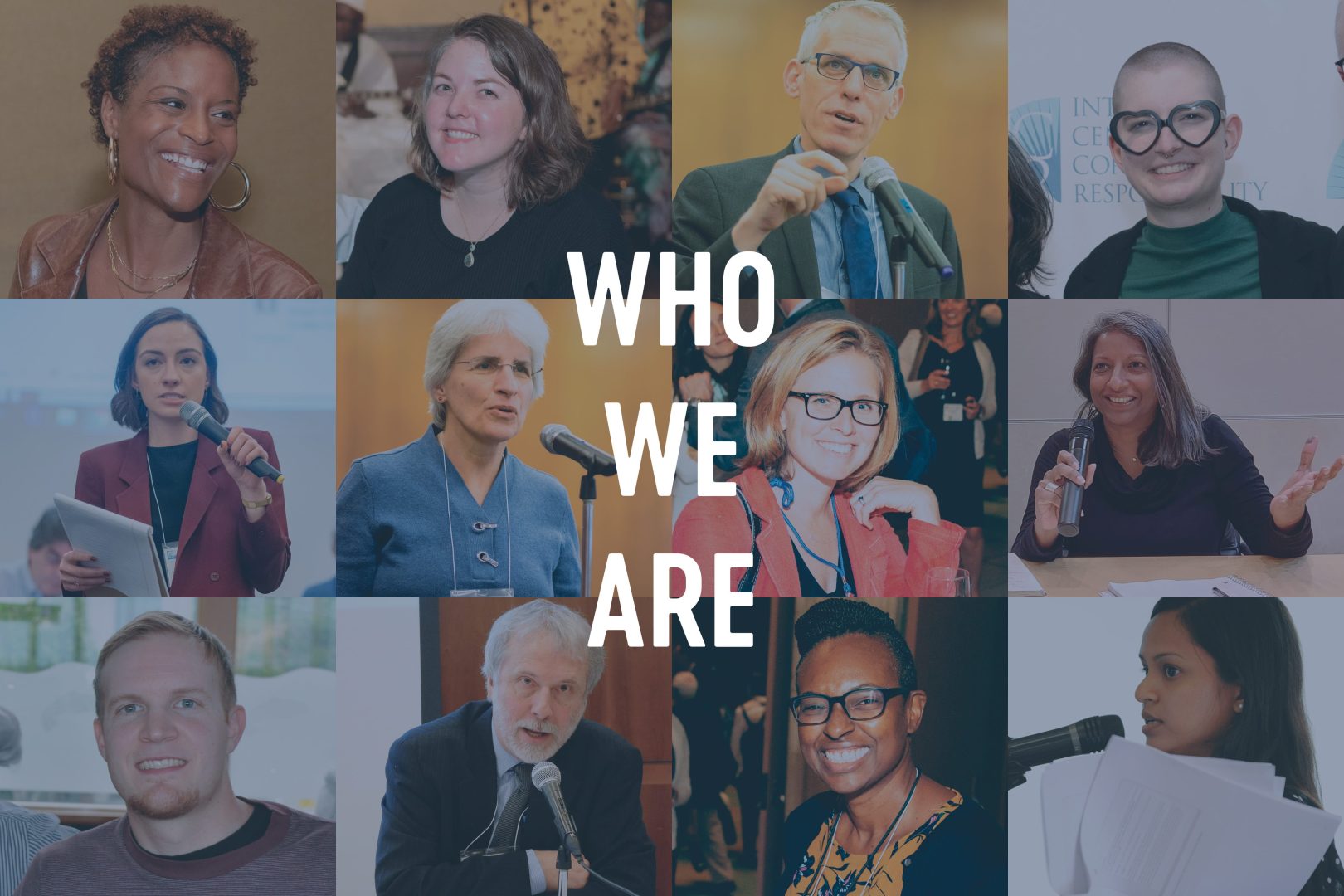In Advance of Walmart’s 2024 Shareholder Meeting, Investors Call on the Company to Address Worker Safety and Racial Inequity

Today, a group of institutional investors, including members of the Interfaith Center on Corporate Responsibility (ICCR), issued a public statement of support for a recent letter from Walmart ($WMT) employees calling on the company to address widespread worker safety concerns and racial justice issues across its business. The statement also calls for Walmart to implement the requests of four shareholder proposals on worker rights and racial justice going to a vote at the company’s annual general meeting on June 5th.
With a market cap of $519.61 billion and over 2.1 million employees worldwide, Walmart is the world’s largest private employer and is considered a systemically important economic actor. Yet the company has long been mired in controversies concerning its treatment of workers, with issues including low wages, workplace safety concerns, and exposing employees to unnecessary harms that have often translated into significant headline risks for the company, and in some cases, legal risks. Perhaps most concerning are the charges of workplace bias and racial discrimination highlighted in the workers’ letter.
“As a long-term Walmart shareholder, we are concerned by the company’s lack of strategic commitment to address systemic risks, such as racial inequality within the workplace, income inequality from low wages, and other worker rights issues,” said Sr. Susan Mika, Benedictine Sisters, Boerne, Texas. “We acknowledge the steps Walmart has taken over the years to address these concerns, but it is clear from continued reports and investigations that more work needs to be done. We feel that leveraging the tools outlined in the shareholder proposals would help the company better understand the nature and origins of those risks and be equipped to mitigate them in a way that benefits Walmart, its associates, and its shareholders.”
Walmart employs 1.6 million associates in the U.S. and is also the largest private employer of Black people in the country. Additionally, over half of the company's U.S. workforce comprises people of color. These same workers account for a disproportionate number of employees not earning a living wage. A recent report from Oxfam America based on a survey of Walmart workers further found that Black and Latina women workers reported higher rates of back, neck, hand and arm pain than their white counterparts.
Pressures from low-cost business models frequently manifest via poor enforcement of labor and human rights across food and textile supply chains, with complex and hidden social issues continuing to expose companies like Walmart to market, reputational, and legal risks. However, given its size and influence, the investors argue Walmart should serve as a role model for best practices in human capital management for its sector and for corporations more broadly.
"As a Walmart shareholder, Oxfam urges others to recognize that unchecked risks to workers can ultimately pose significant risks to the company's business interests, not to mention the financial interests of investors. It's crucial that Walmart confronts any unaddressed issues concerning workers' rights, health and safety in the workplace, and racial equity,” said Irit Tamir, Director of Oxfam America’s Private Sector Department.
The investor statement calls on the company to respect worker rights and advance racial equity by:
- Conducting an independent racial equity audit;
- Conducting a workplace safety & prevention of violence assessment;
- Conducting a human rights impact assessment;
- Establishing living wage guardrails; and
- Engaging directly with its impacted stakeholders.
The signatories are a coalition of faith-based investors, asset management firms, venture capital firms, NGOs, banks, foundations, regional coalitions and others who argue that uplifting the company’s key stakeholders – its workers – will have a positive effect on the company’s day-to-day and long-term success. A core group of ICCR members are long-term Walmart investors who have engaged the company on a host of ESG-related issues, including worker rights, for over 20 years.
“Walmart’s brand, culture, reputation, longevity, and resilience all depend on the well-being of its employees,” said Marcela Pinilla, Director of Sustainable Investing at Zevin Asset Management. “It is mutually important for shareholders and workers that a leading employer like Walmart assess its risks and opportunities from its ‘business as usual’ practices. Since higher workplace standards lead to less absenteeism, lower turnover, and fewer accidents, and higher wages contribute to employee satisfaction, Walmart’s job is to pursue these outcomes.
This will be a key week for Walmart, as it is set to face four shareholder proposals filed by members of the ICCR coalition at its annual stockholders meeting on June 5th. The proposals highlight worker rights and racial justice concerns and call for: a human rights impact assessment, a racial equity audit, a living wage, and a workplace safety policy assessment.
About the Interfaith Center on Corporate Responsibility (ICCR)
The Interfaith Center on Corporate Responsibility (ICCR) is a broad coalition of more than 300 institutional investors collectively representing over $4 trillion in invested capital. ICCR members, a cross-section of faith-based investors, asset managers, pension funds, foundations, and other long-term institutional investors, have over 50 years of experience engaging with companies on environmental, social, and governance (“ESG”) issues that are critical to long-term value creation. ICCR members engage hundreds of corporations annually in an effort to foster greater corporate accountability. Visit our website www.iccr.org and follow us on Twitter/X (@iccronline), LinkedIn, and Facebook.






